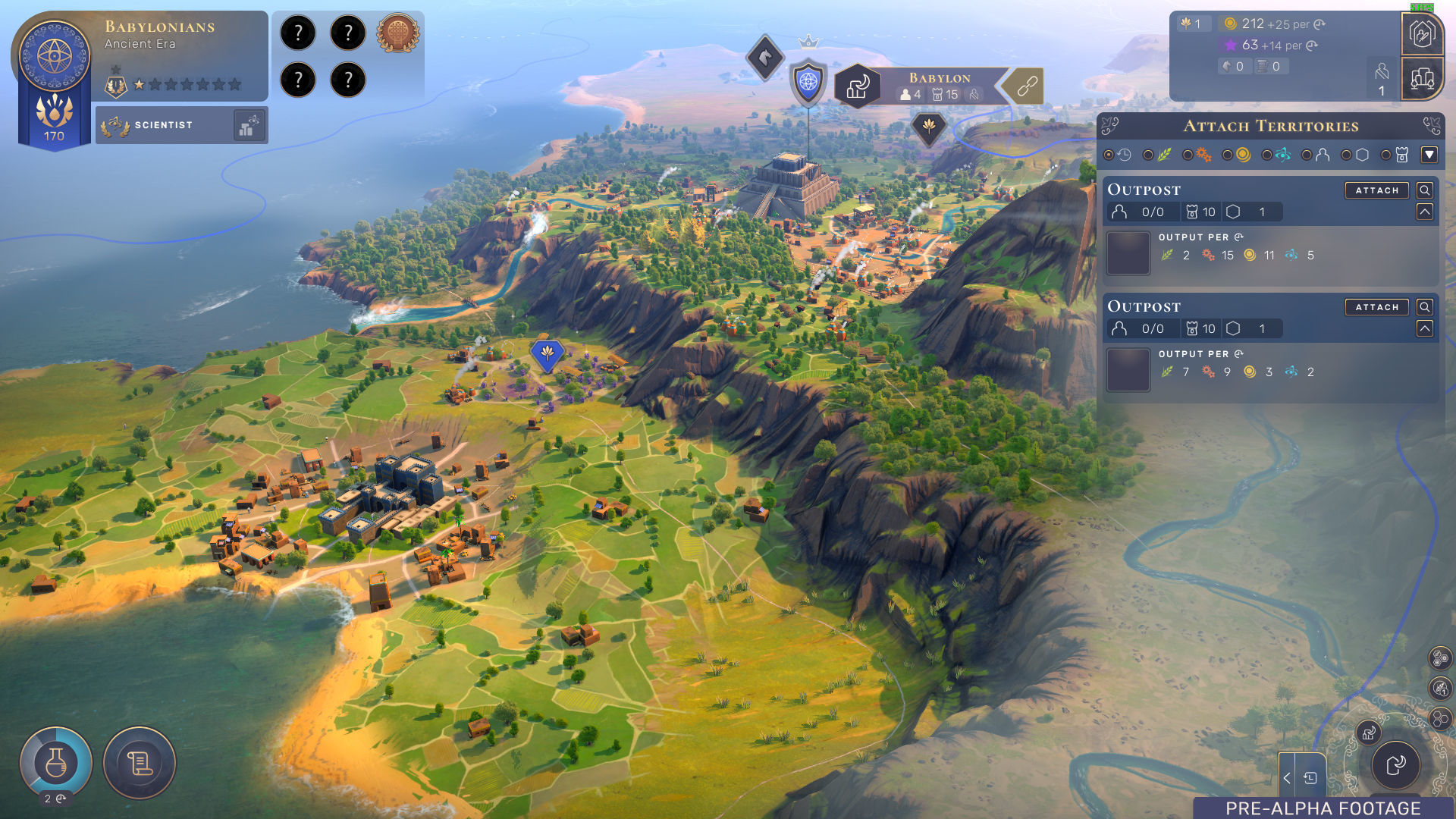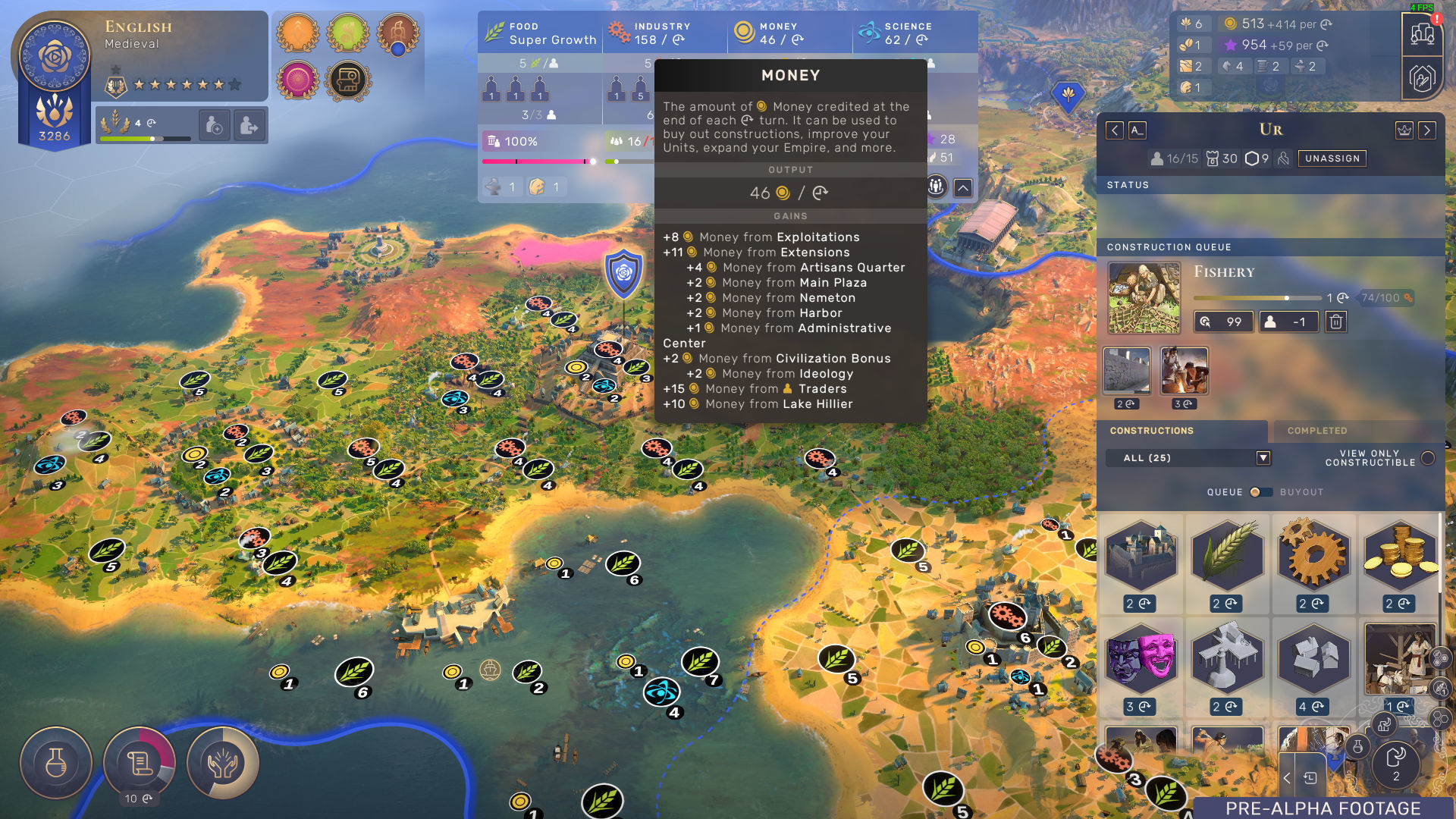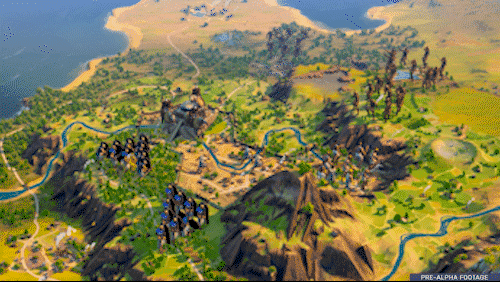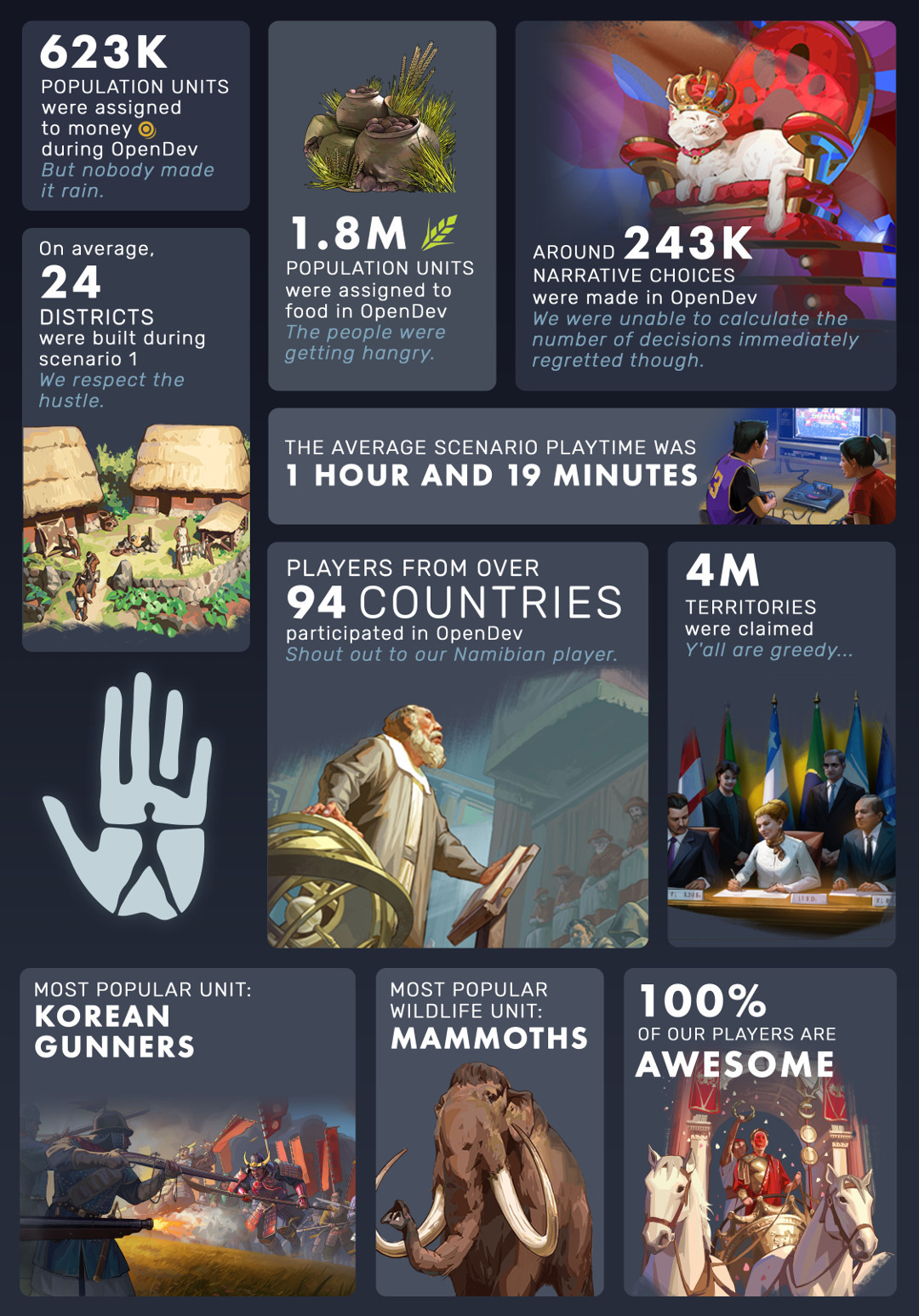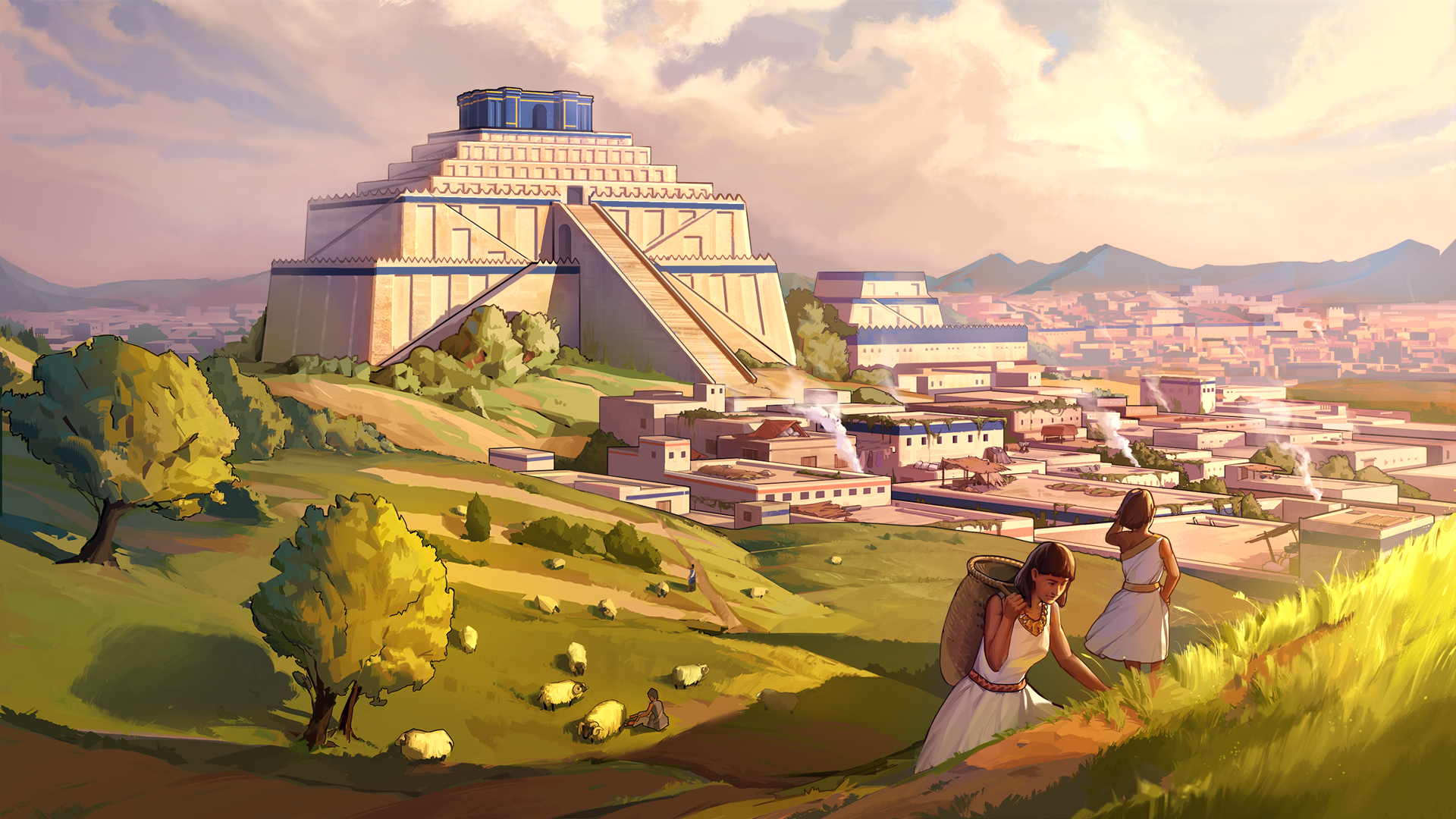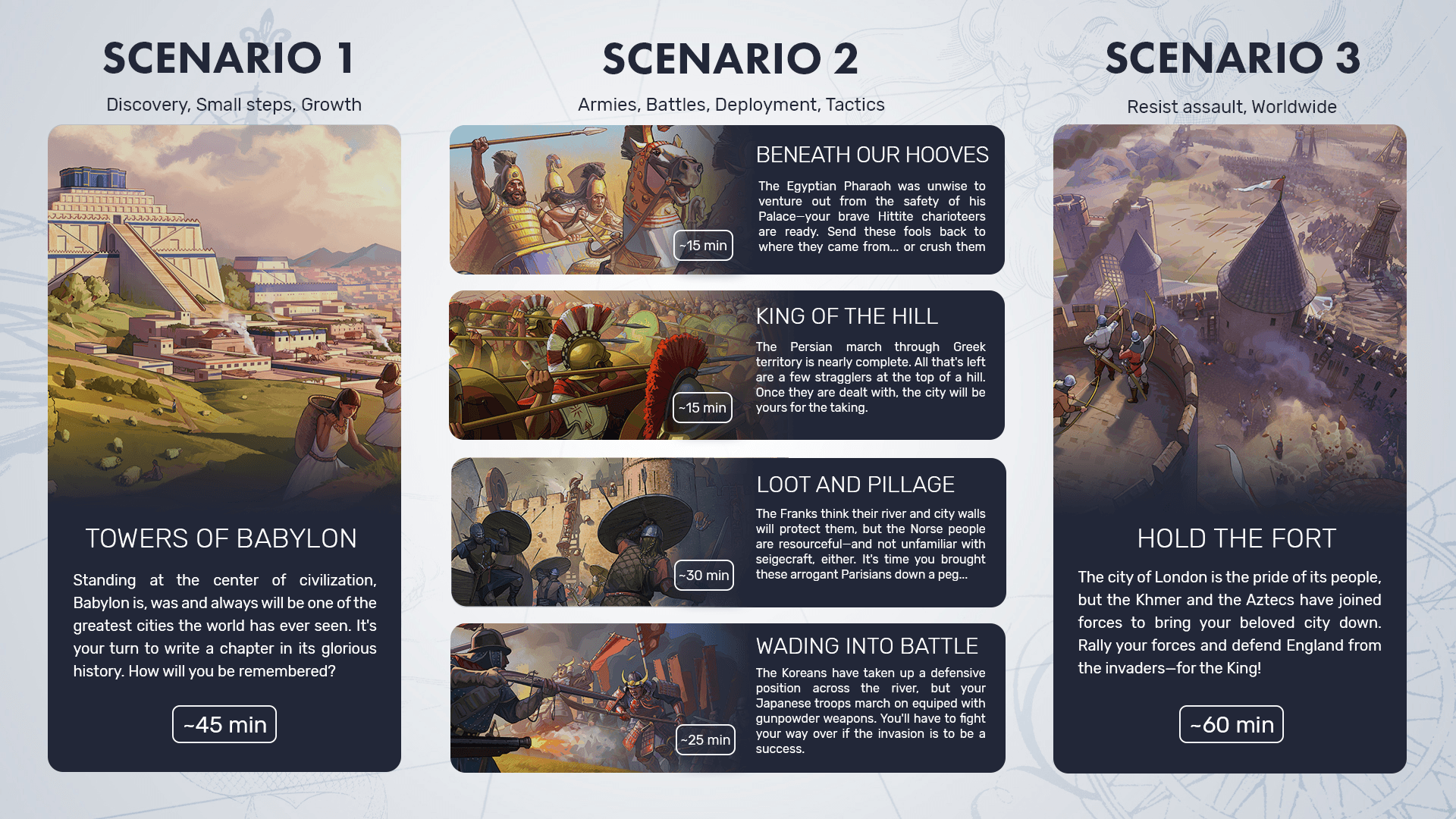
Oct 21, 2020
HUMANKIND™ - The-Cat-o-Nine-Tales
We've got exciting news to share with you today!
Some of this is news many of you have been waiting and even asking for.
Some of this will be a surprise, but a welcome one to be sure.
HUMANKIND Release Date and Pre-Orders
Firstly, the date many of you have been waiting for: We will release Humankind in April 2021.
Secondly: Humankind is now available for pre-order on Steam. If you pre-order the game now, you will receive exclusive pre-order bonus content, and you can even grab the Digital Deluxe Editions with even more bonus content at a 15% discount!
Check out our new trailer and the bonus content below:
Digital Deluxe Edition Bonus Content
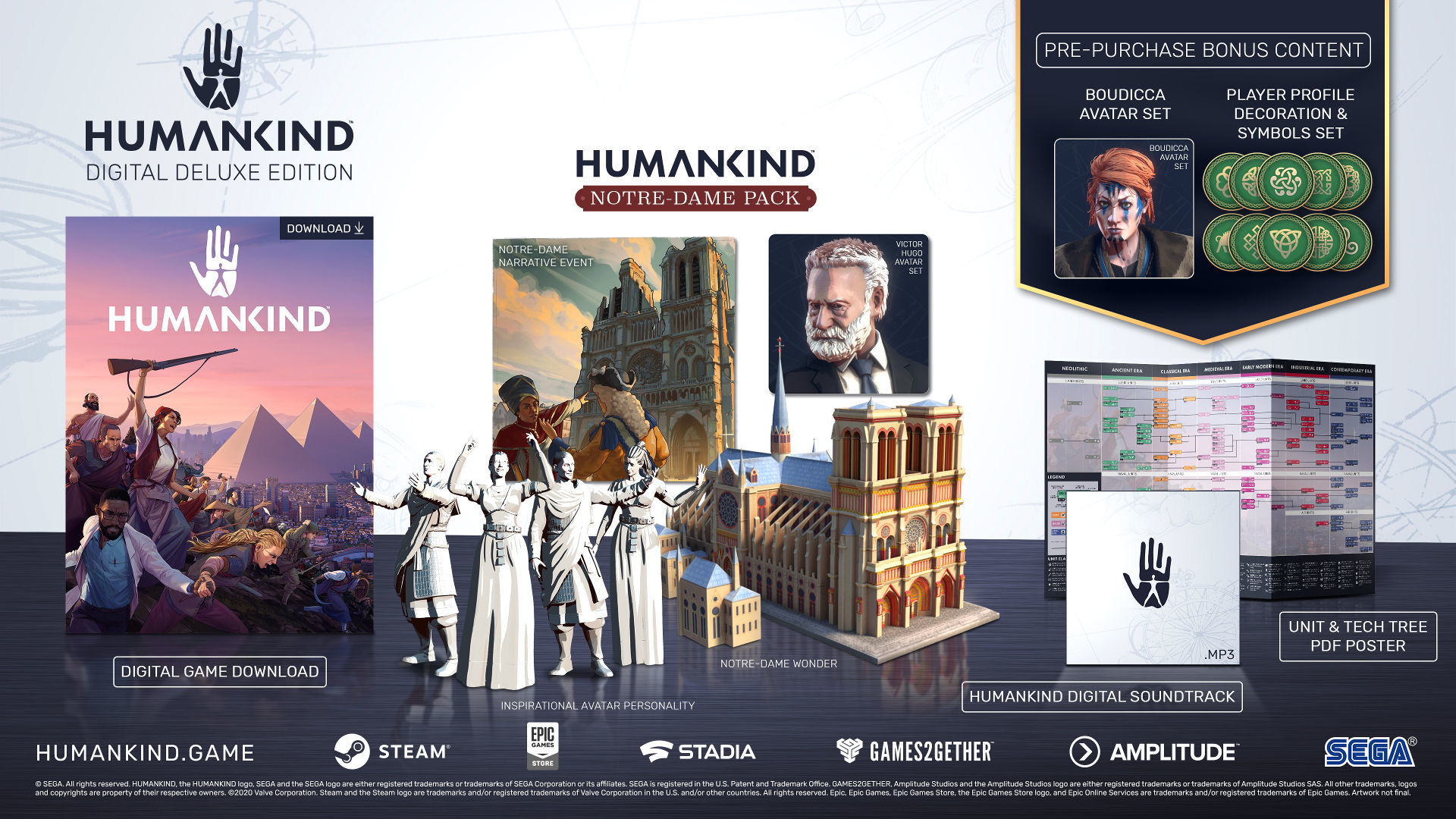
You can also pre-order the physical edition from select retailers. All the bonus content mentioned above is included in this edition, along with a physical copy of the Tech Tree & Unit Upgrade Poster, and a limited edition decision coin (One more turn, anyone?)
We hope you're as excited about these news as we are.
-- The Amplitude Team
Some of this is news many of you have been waiting and even asking for.
Some of this will be a surprise, but a welcome one to be sure.
HUMANKIND Release Date and Pre-Orders
Firstly, the date many of you have been waiting for: We will release Humankind in April 2021.
Secondly: Humankind is now available for pre-order on Steam. If you pre-order the game now, you will receive exclusive pre-order bonus content, and you can even grab the Digital Deluxe Editions with even more bonus content at a 15% discount!
Check out our new trailer and the bonus content below:
Digital Deluxe Edition Bonus Content
- In-Game Notre-Dame Pack
- Notre-Dame Wonder – to be built in game
- Notre-Dame Narrative Events - Adds Narrative Events themed around Wonders such as Notre-Dame
- Victor Hugo Avatar Set - Adds Victor Hugo Set to customize your Avatar
- “Inspirational” Avatar Personality - Adds the “Inspirational” Personality to customize your Avatar
- Official Digital Soundtrack – All HUMANKIND™ tracks created by Arnaud Roy (previously known as FlybyNo) in .mp3 format
- Unit & Tech Tree .pdf - An at-a-glance view of the full Unit & Tech Trees of the game
- Boudicca Avatar Set - Adds Boudicca Set to customize you Avatar
- Player Profile Pre-Purchase Decoration - Adds an exclusive Decoration to customize your Player Profile
- Player Profile Symbol Set - Adds 10 exclusive Symbols to customize your Player Profile

You can also pre-order the physical edition from select retailers. All the bonus content mentioned above is included in this edition, along with a physical copy of the Tech Tree & Unit Upgrade Poster, and a limited edition decision coin (One more turn, anyone?)
We hope you're as excited about these news as we are.
-- The Amplitude Team





